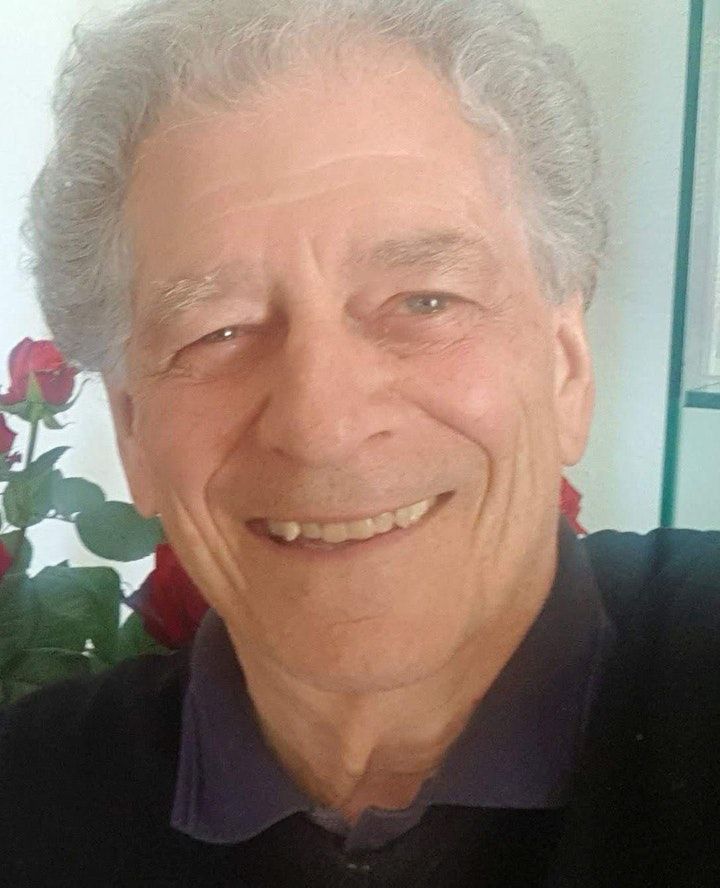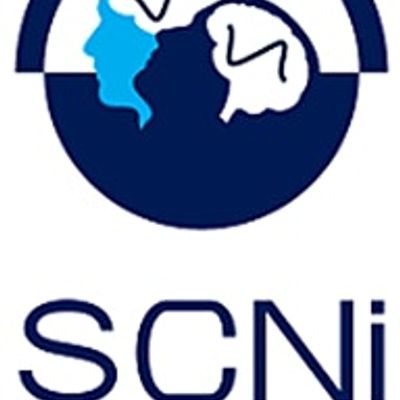
About this Event
Lecture Title: The two-process model of sleep regulation: Origin and relevance today
Speaker: Professor Alexander Borbély
Abstract: The two-process model serves as a major conceptual framework in sleep science. I shall describe how animal experiments aimed at exploring circadian oscillators led to the recognition of a sleep-wake dependent process. Its interaction with a circadian process provided the basis of the two-process model. Simulations could account for the timing and intensity of sleep for a variety of schedules. The model has been extended to incorporate local aspects of sleep and instead of a single circadian pacemaker, multiple peripheral oscillators need to be considered. Presently, the underlying mechanisms are explored at the synaptic level as well as in the domain of the transcriptome and proteome. A close relationship between sleep and metabolism has been recognized. The original interpretation that the emergence of sleep provides an escape from the rigid control imposed by the circadian pacemaker is still upheld.
Alexander A. Borbély is a professor emeritus of the Medical Faculty at the University of Zurich, Switzerland. He was born in Hungary and educated in Switzerland. He studied medicine in Geneva, Zurich, Vienna, Paris, Sheffield and Warsaw and graduated at the Medical Faculty of the University of Zurich. To pursue his interest in the application of signal analysis in biomedical research, he spent two years as a postdoctoral scientist at the Research Laboratory of Electronics, Massachusetts Institute of Technology in Cambridge, Mass. This is where he started sleep research, an area that soon became the center of his interest. After returning to Zurich, he built up a research group at the Institute of Pharmacology, University of Zurich, where he was offered a position as head of a research group. In 1983 he was appointed full professor. At the University of Zurich he served as Dean of the Medical Faculty (1998-2000) and subsequently as VicePresident of Research of the University (2000-2006).
Dr. Borbély's main area of research is sleep regulation. His approach was based on a combination of animal and human research using quantitative signal analysis and mathematical modeling. He published more than 170 peer-reviewed papers and four monographs. His book 'Secrets of Sleep' has been translated into 10 languages. Dr. Borbély's scientific achievements have received international recognition. He is a recipient of the Anna-Monika Award for depression research (1985), the Pisa Sleep Award (1998), the Distinguished Scientist Award from both the World Federation of Sleep Research Societies (1999) and the Sleep Research Society (USA) (2003), and the Peter C. Farrell Prize for Sleep Medicine of the Harvard Medical School (2008). He is the recipient of Honorary Doctorates from the Albert Szentgyörgyi Medical University Szeged, Hungary (1998) and from the Warsaw Medical University (1999).

Event Venue & Nearby Stays
Blakemore Lecture Theatre, Department of Physiology Anatomy & Genetics, Sherrington Building, Oxford, United Kingdom
